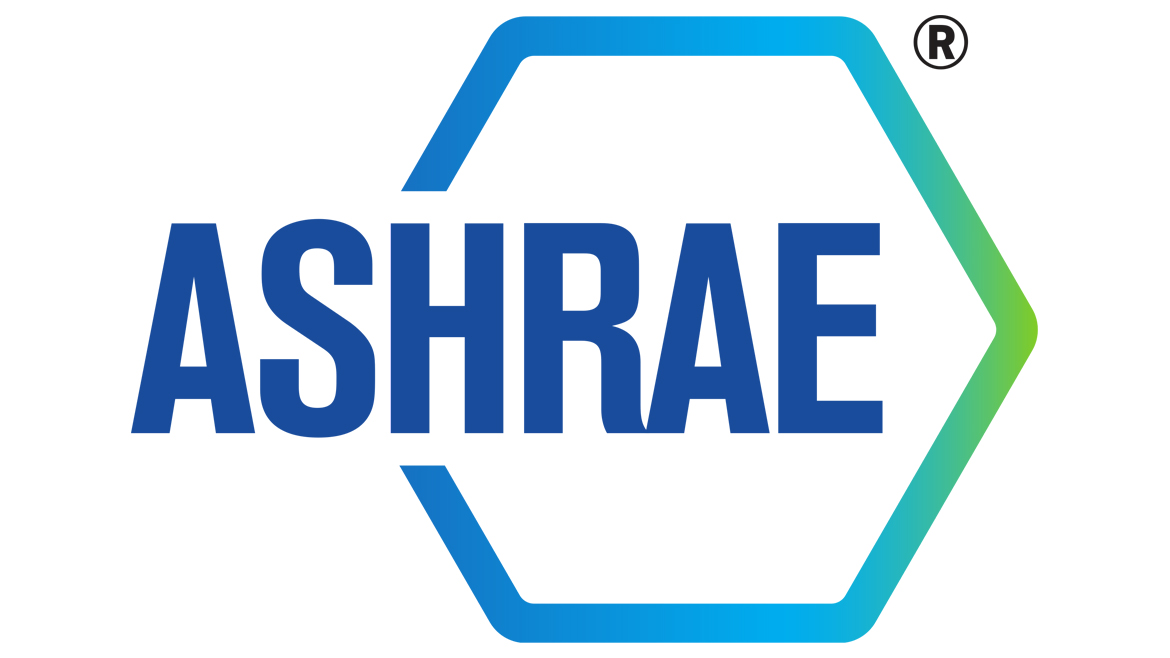ATLANTA — ASHRAE, along with several partnering organizations, has been awarded a $2.85 million grant from the U.S. Department of Energy (DOE) Building Technologies Office for resilient and efficient codes implementation (RECI). RECI is a product of the Infrastructure Investment and Jobs Act, which provides an opportunity to advance the efficiency and resilience of buildings through updated energy codes in states and local jurisdictions throughout the U.S.
The RECI program invests $225 million over five years, encompassing fiscal years 2022 through 2026, to “enable sustained cost-effective implementation of updated building energy codes.”
The award will fund the Energy Code Official - Training & Education Collaborative (ECO-TEC), a project led by national model code organizations ASHRAE and the International Code Council (ICC), with vital support from the National Association of State Energy Officials (NASEO) and agencies from the states of Oregon, Michigan, New Jersey, and West Virginia.
The ECO-TEC will increase energy code enforcement activities through training designed for building energy code officials. An important component of the project will include connecting with disadvantaged and rural communities through new communication channels to expand the workforce and providing career opportunities to those populations through training stipends.
“The ECO-TEC will significantly contribute to advancing energy efficiency and resilience in our buildings, ultimately leading to a more sustainable future,” said Jeff Littleton, ASHRAE executive vice president and the principal investigator of the ECO-TEC project. “By empowering code officials and professionals with the necessary knowledge and skills, we can effectively transform the built environment and promote sustainable practices nationwide. We are thrilled to partner on this important project.”
The impacts from the project are expected to save the four state partners approximately $18.5 million over the course of the project. This impact reflects the difference between “Standard” and “Improved” compliance and assumes that the partner states adopt the latest model energy codes.


Report Abusive Comment